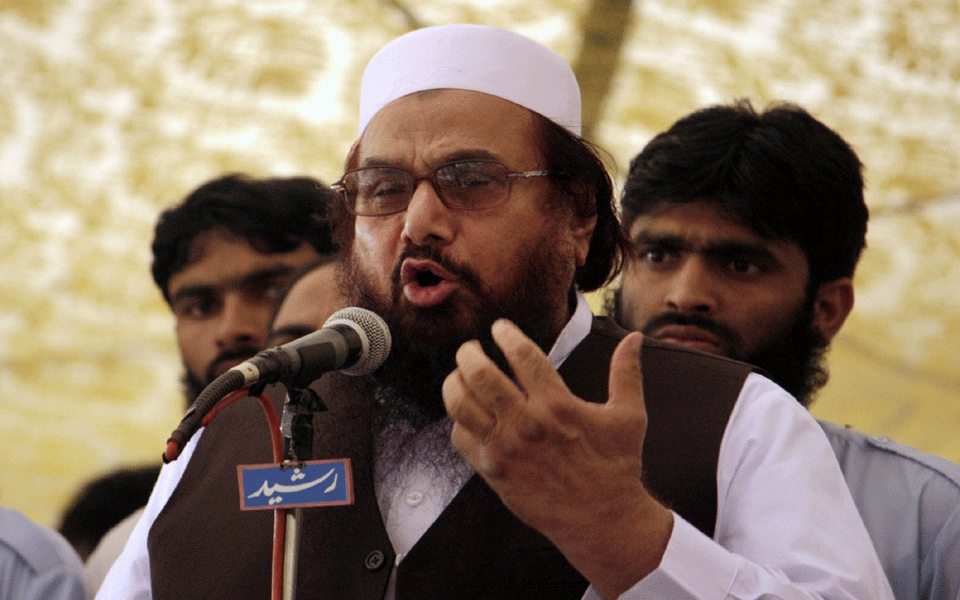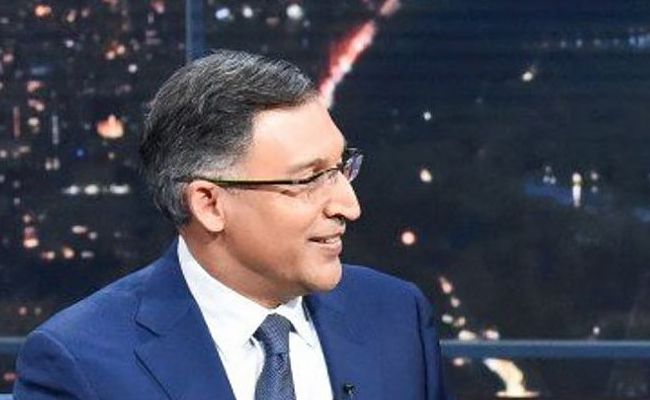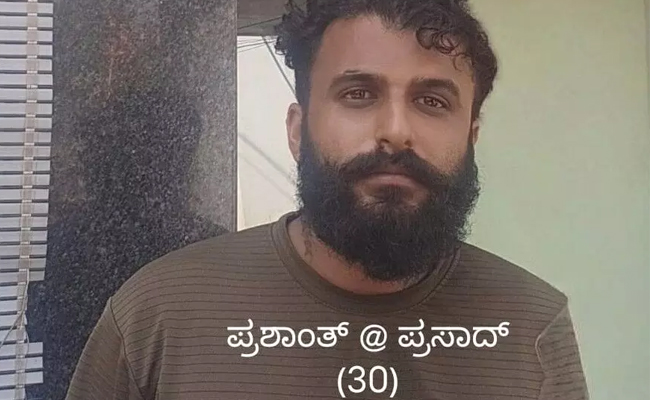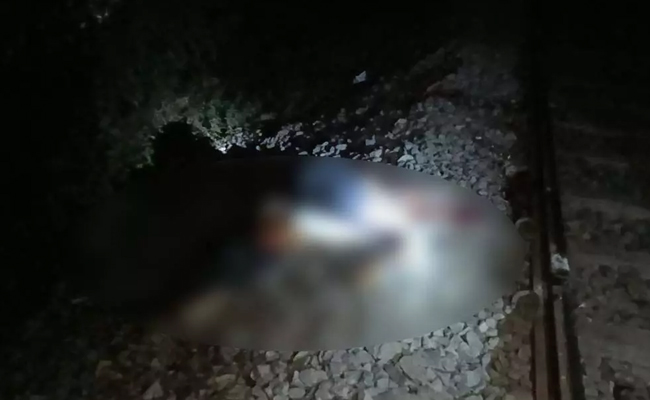Islamabad: Pakistan's Punjab government has launched a crackdown on seminaries and health facilities run by the Jamaat-ud-Dawa (JuD) chief and 2008 Mumbai terror attack mastermind Hafiz Saeed in Rawalpindi.
The action came after a high-level UN sanctions team visited Rawalpindi in January to review progress against groups and individuals banned by the UN.
Following orders by the Pakistan government, the Rawalpindi administration took control of a seminary and four dispensaries run by JuD and its charity wing Falah-i-Insaniat Foundation (FIF).
The seminary was handed over to the Auqaf Department, which controls the religious properties, while the dispensaries were given to the Health Department.
"The district administration teams have visited the seminaries, but JuD has denied any link with the madrassas," a senior district official told Dawn. He said the government had taken control of madrassa Hudabia -- which comprised a college, a school and a seminary -- and started conducting an audit of its finances to check details of the funding and expenditures.
He said a similar operation would also be launched in Attock, Chakwal and Jhelum districts.
Pakistan has come under intense pressure to act against terror groups after US President Donald Trump, in his first tweet of 2018, announced cutting all further aid to Islamabad on charges of "harboring terrorists".
Let the Truth be known. If you read VB and like VB, please be a VB Supporter and Help us deliver the Truth to one and all.
Udupi: Udupi City Police have arrested two persons, including a woman, in connection with the alleged misappropriation of property tax funds belonging to the Udupi Municipal Council.
The accused have been identified as Shalini, who was working as a tax consultant outside the municipal office, and Ganesh, a bank employee.
According to police, Anand Suvarna had paid Rs 34,730 towards 12 years of property tax for his building in Kalmadi to Shalini on October 16, 2025. She reportedly issued him a receipt acknowledging the payment.
However, when Suvarna recently checked the status of the payment on the property tax portal, he found that the amount had not been credited and was still shown as pending. He then brought the matter to the notice of the Municipal Commissioner, who verified that the payment had not been recorded.
During questioning, Shalini allegedly admitted to the lapse. On February 16, 2026, she generated a new challan in Suvarna’s name and paid Rs 35,213 towards the dues.
Police said a case has been registered at the Udupi City Police Station against the accused for allegedly misappropriating tax money and defrauding the government by affixing the seal of Union Bank on the challan without remitting the amount initially received from the taxpayer.
Further investigation is under way.





